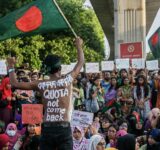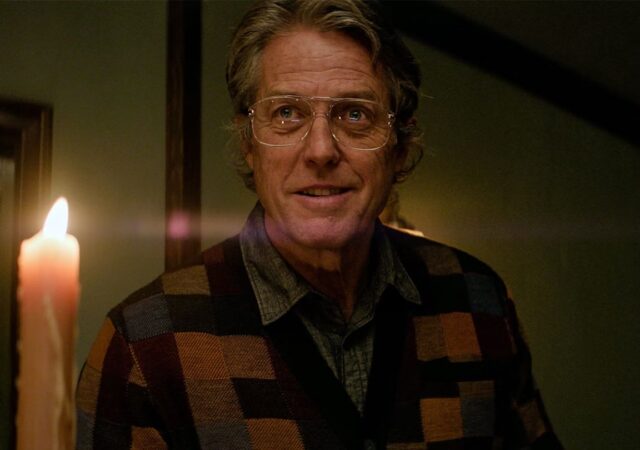According to a recent report from the U.S. Department of Health and Human Services (HHS), the historic vaccination program of the Biden Administration, through which over 90% of seniors have received both doses of vaccinations (and 70% of their booster shots), has resulted in over 650,000 fewer COVID-19 hospitalizations and over 300,000 fewer deaths among seniors and other Americans covered by Medicare. The study carried out by researchers with HHS’s Office of the Assistant Secretary for Planning and Evaluation (ASPE), emphasizes how crucial it is for Americans to receive an updated COVID-19 vaccination this fall, especially seniors and other people who are at high risk.
A reduction in COVID-19 hospitalizations was also linked to savings of more than $16 billion in direct medical expenses, in addition to the cutbacks in severe COVID-19 health outcomes. All racial and ethnic populations in all 50 states saw a decline in the number of COVID-19 hospitalizations and deaths attributed to immunization, underscoring the significance of reaching high vaccination rates in the U.S. to save lives.
After the vaccination rollout, many studies attempted to observe the impact of vaccines among different age groups, effectiveness after a particular time duration, preventing ‘long COVID’ and whether vaccines are necessary if someone has already recovered once.
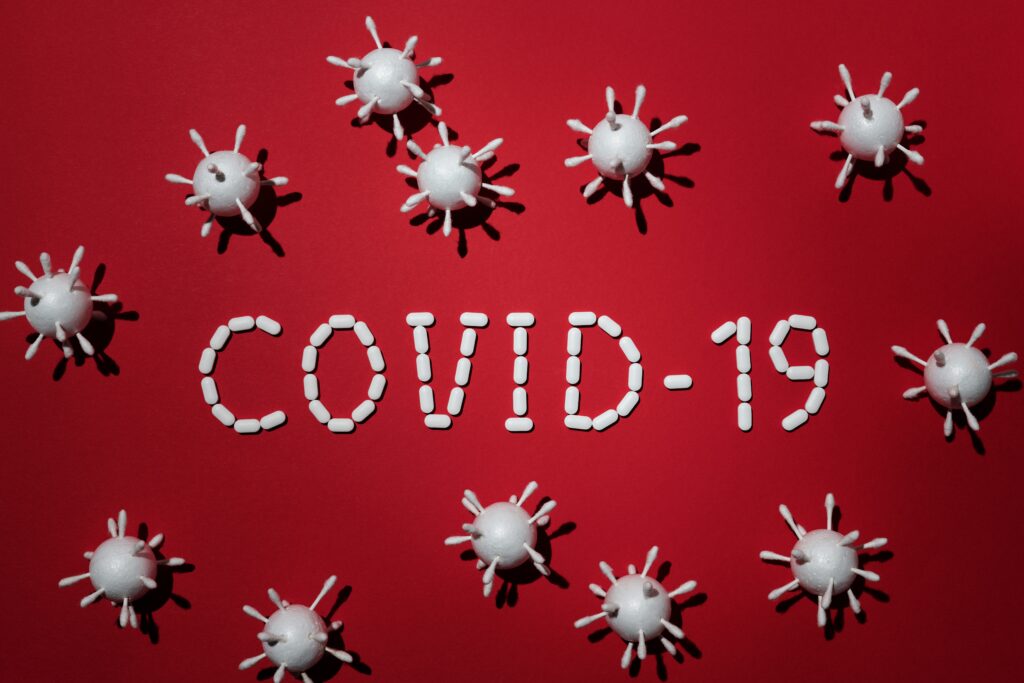
One study inspected 1,366,700 participants (of which 689,967 were in the vaccinated group, and 676,733 were in the non-vaccinated group).
The study concluded that irrespective of the type of vaccine, all immunizations can significantly reduce the risk of serious illness compared to receiving none after a diagnosis.
The Lancet published a journal which depicted the impact of the first year of COVID-19 vaccination. The COVID-19 vaccine has significantly changed the pandemic’s trajectory and saved tens of millions of lives worldwide. Between December 8, 2020, and December 8, 2021, it is estimated that vaccines helped to avoid 14.4 million COVID-19 deaths across 185 countries. This figure increased to 19.8 million when excess deaths — the difference between observed and expected death rates during a given time period — were used as an estimate of the true extent of the pandemic. It represents a 63% reduction in total deaths worldwide during the first year of COVID-19 vaccination (19.8 million of 31.4 million). It is anticipated that 41% of excess mortality (7.4 million of 17.9 million deaths) was avoided in COVAX Advance Market Commitment (AMC) countries.
According to estimates, an additional 45% of deaths in low-income countries could have been prevented if all countries had achieved the 20% vaccination coverage target set by COVAX, and an additional 111% of deaths could have been avoided if all countries had achieved the 40% target set by WHO by the end of 2021.
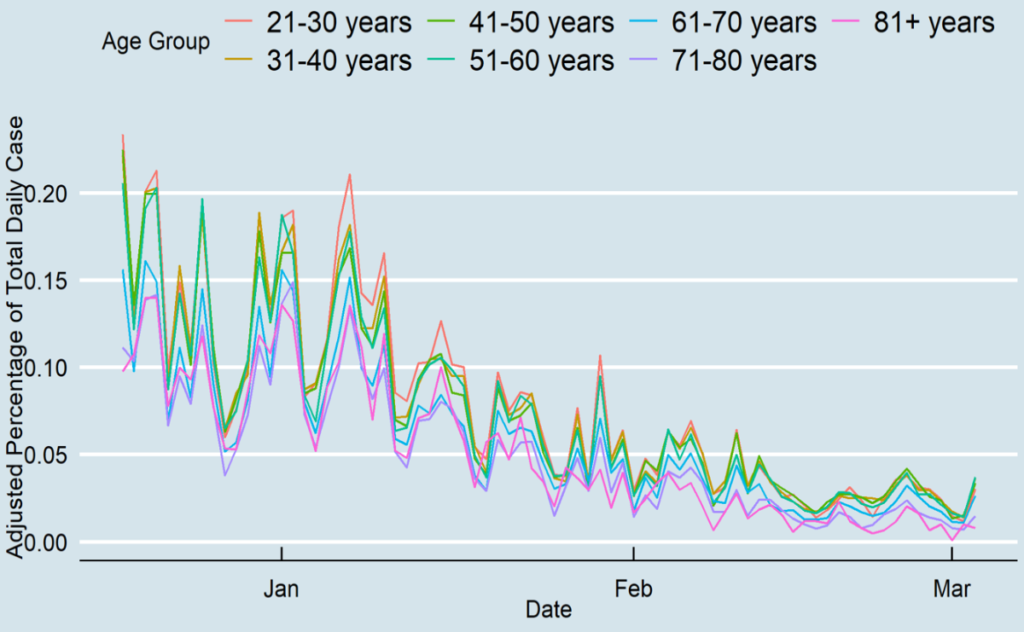

A Chinese study also questioned the potency of vaccines against “Long COVID”. Most COVID-19 patients ultimately recover; however, according to the most recent research, 10% to 20% of patients may continue to have mid or long-term consequences after their immediate condition has subsided. The post-COVID-19 condition, also referred to as “Long COVID,” is the collective term for these short- and long-term effects. The condition is seen within three months since the initial infection and prolongs for at least two months. It was discovered that COVID-19 vaccinations had an impact on lowering the likelihood of long COVID. Participants who received two vaccination doses saw the protective benefit, but not those who received only one. The immunization proved effective against long COVID whether it was given before or after SARS-CoV-2 infection.
Vaccinations avoided 58% of anticipated fatalities, 56% of anticipated hospitalizations, and 52% of illnesses in the month of September 2021 alone, concluded this study. These projections only take into account the advantages for people who received vaccinations; they do not take into consideration the benefits for those who did not receive vaccinations due to decreased disease transmission.
“Some countries consider one vaccine dose to be fully vaccinated for people with prior infection immunity, and our findings argue against that policy,” said Jason Andrews, associate professor of infectious disease at Stanford.
His study indicates that immunization after infection offers further defense. The two-dose immunizations were very successful, avoiding 80-90% of hospitalizations and fatalities from reinfection.
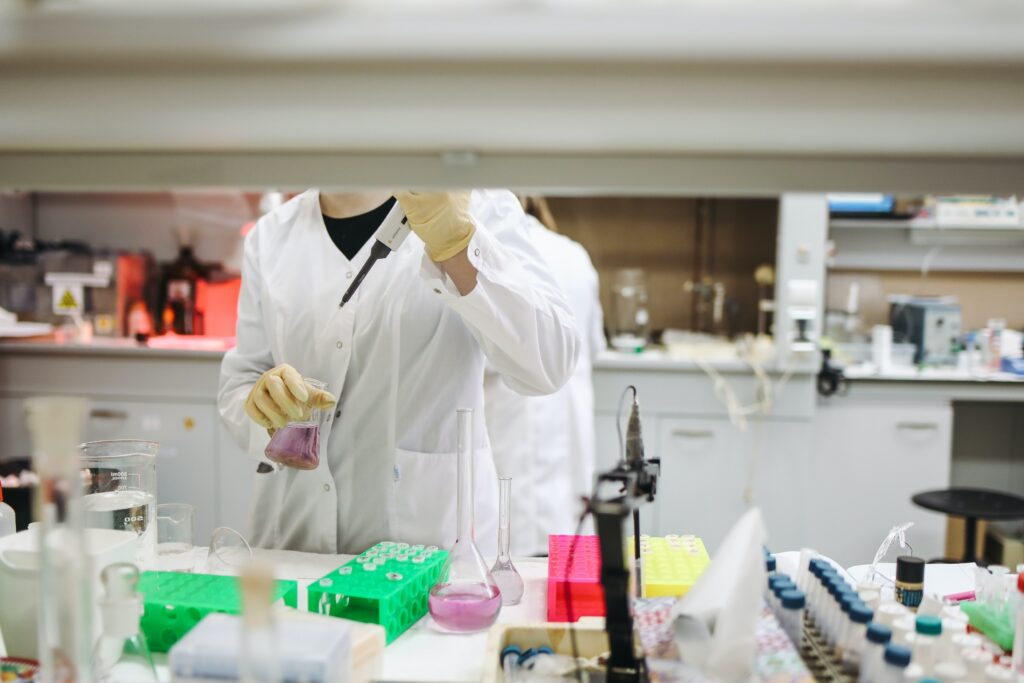
Some might probe the duration of the effectiveness of vaccines. A study showed that, in general, across people of all ages, the effectiveness of the vaccine against the SARS-CoV-2 infection fell by 21% between the first and sixth months following complete vaccination. The vaccine’s efficacy fell by 24.9% for symptomatic COVID-19 and 10% in cases of severe COVID-19 illnesses. The majority (81%) of estimates of vaccination efficacy or efficiency against extreme conditions remained over 70% throughout. Although bias cannot be entirely out, waning immunity is likely to blame for this phenomenon.
While COVID-19 cases are declining, the virus is still not completely wiped out. Newer variants are still emerging, which may (or may not) be a cause of concern for the population.
The COVID-19 vaccine, along with its imperfections, have proved its importance in our journey to fight the virus, even in post-lockdown situations. There are many around the globe who haven’t received both doses of the vaccine while some received none at all.
Because of vaccine hesitancy or outright negligence, many have refrained from this civic duty. Misinformation, heresy and conspiracy theories surrounding the perceived threat of the pandemic, the effectiveness of preventive measures, the danger of immunization and vaccines and the intention of vaccination impedes inoculation against the virus and prophylactic measures necessary to safeguard our kind. Public health professionals must continue communicating through the media to raise awareness and break down these barriers. We should also be wary of the situation and make ourselves and the people surrounding us conscious about the necessity of vaccinating.




















